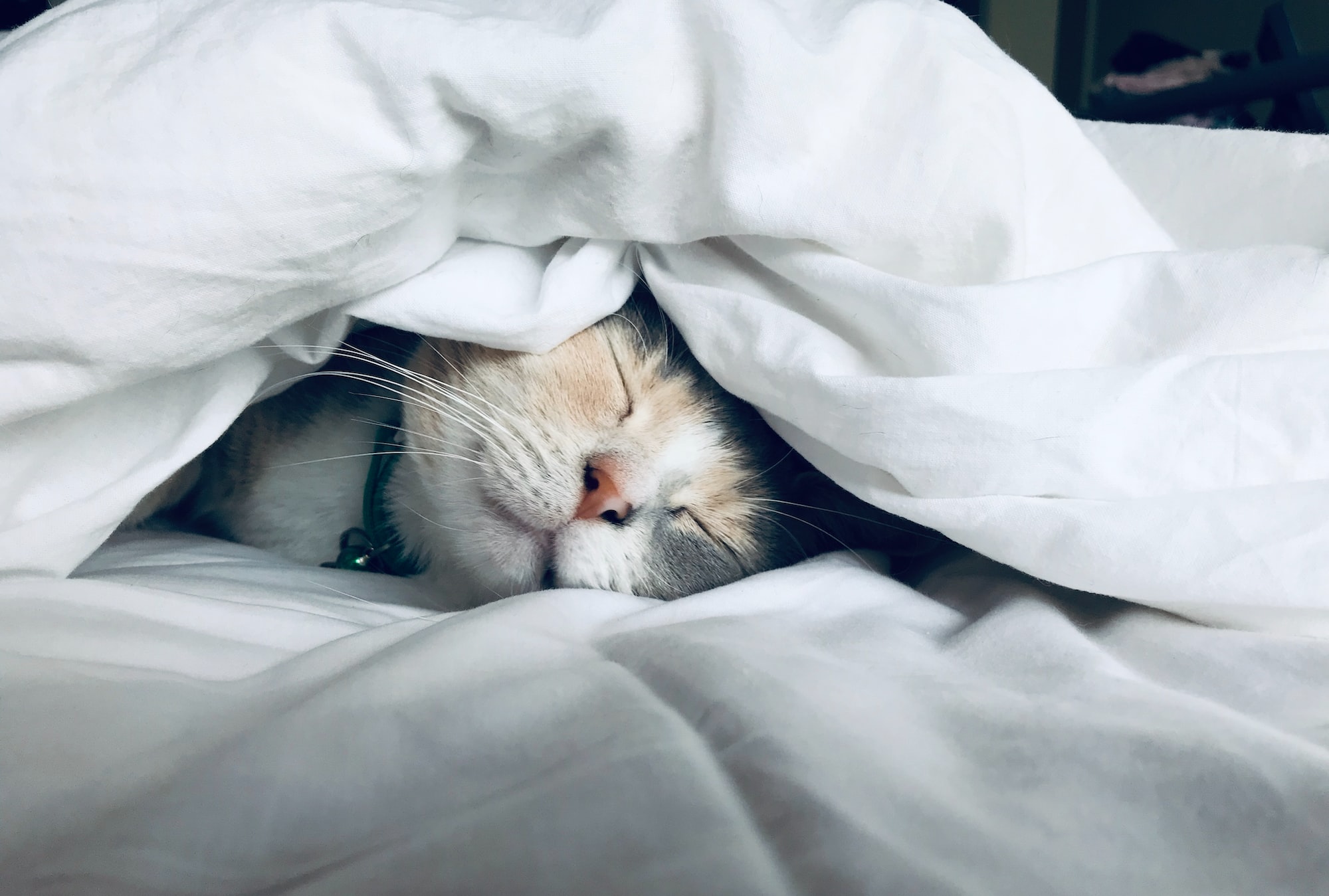We’ve all been there, lying in bed wide awake, staring at the ceiling, and wondering when we’ll finally fall asleep. Lack of sleep can be frustrating, but there are things you can do to improve your sleep hygiene and get a better night’s sleep.
- Establish a consistent sleep schedule: Try to go to bed and wake up at the same time every day, even on weekends. This will help regulate your body’s internal clock and make it easier to fall asleep.
- Create a relaxing bedtime routine: Develop a pre-sleep routine that you do every night before bed. This can be something as simple as reading a book, taking a warm bath, or listening to calming music.
- Make your sleep environment comfortable: Keep your bedroom dark, quiet, and at a comfortable temperature. Use comfortable bedding and pillows. This can help create the ideal environment for a good night’s sleep.
- Limit exposure to screens before bedtime: The blue light emitted from screens can interfere with the production of the sleep hormone melatonin, making it harder to fall asleep. Try to avoid screens for at least an hour before bed.
- Avoid caffeine and alcohol before bed: Both caffeine and alcohol can disrupt sleep, so it’s best to avoid them in the evening.
When I started implementing these sleep hygiene tips, I noticed a huge difference in my sleep. I used to be the kind of person that would stay awake until 3 am watching a show on my phone and wake up at 6:30 am. But now, I try to avoid screens at least an hour before bed and I fall asleep much faster.
In conclusion, sleep hygiene is all about creating the best possible environment for sleep. By establishing a consistent sleep schedule, creating a relaxing bedtime routine, making your sleep environment comfortable, limiting exposure to screens before bedtime, and avoiding caffeine and alcohol, you can improve your sleep and wake up feeling refreshed and energized. Remember, “A good laugh and a long sleep are the best cures for anything.” – Irish Proverb.

Leave a Reply